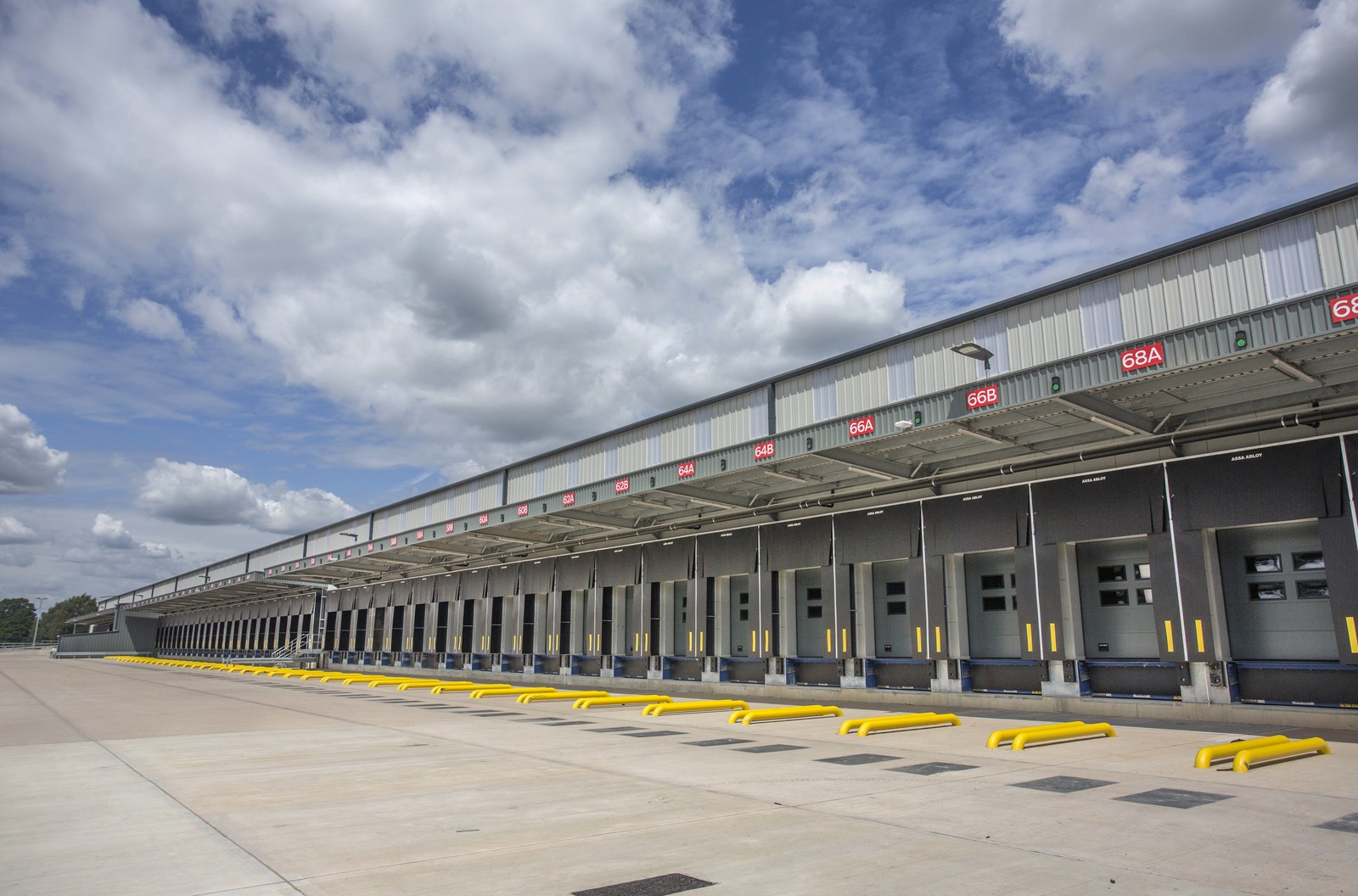Leading express delivery company DPD has signed a partnership with Wise to replace its legacy internal driver management system. This marks a major step forward in DPD’s commitment to even smarter, tech-led operations.
The agreement builds on an existing relationship between the two companies and follows the successful initial implementation phase of the Wise platform. The new contract will see the cutting-edge Wise platform integrated across DPD’s entire UK operations of over 10,000 vehicles, streamlining core processes and enhancing network visibility.
A key component of this deal is Wise’s Network View functionality, which will centralise onboarding for both direct and indirect resources, manage payments to direct resources and ensure robust compliance across DPD’s fleet workforce. The platform will eliminate manual processes, improve data accuracy, and provide real-time insight, reducing administrative pressures and increasing operational efficiency.
The new Network View product was launched in April, and the rollout to the DPD network will start this month.
Express Delivery Operations
Dan Richards, Co-Founder & Chief Commercial Officer at Wise, said: “We’re proud to deepen our partnership with DPD to support them in gaining full visibility across their network and confident that we will unlock real value for them operationally. The deal is a testament to the trust we’ve built and the proven impact our platform has had across their service.”

Chris Betts, Head of Network at DPD, said: “We chose Wise because, simply put, they are the best in their field. Their software solution helps us to manage a vital resource, making it easier for us to train, manage, and monitor, minute by minute, ensuring we continue to provide the best possible delivery experience for our customers, 52 weeks of the year.”

The Wise platform is trusted by over 250 businesses and this deal with DPD further reinforces Wise’s position as a market leader in onboarding, payments and compliance software for logistics companies.
Wise is a leading technology provider supporting logistics businesses to reduce compliance risk, streamline processes, and ensure regulatory adherence. Purpose-built for scale, Wise is a structured system and service providing businesses everything they need to operate compliantly.
Similar news




